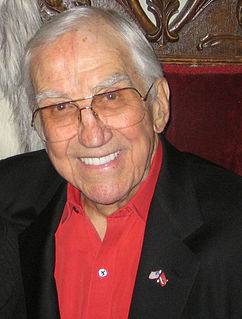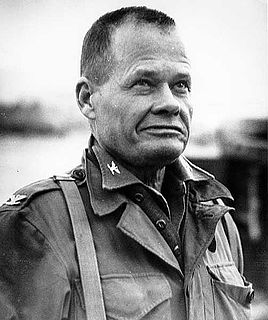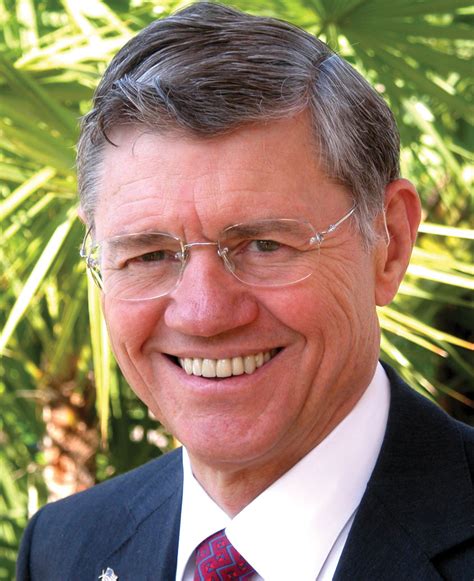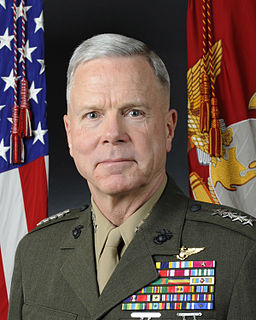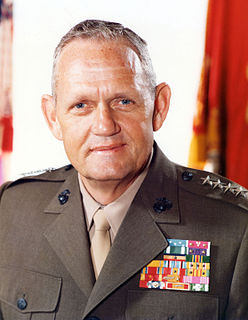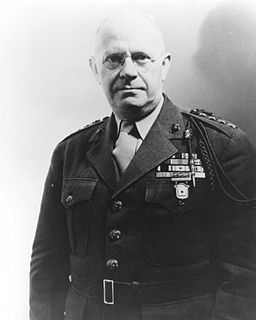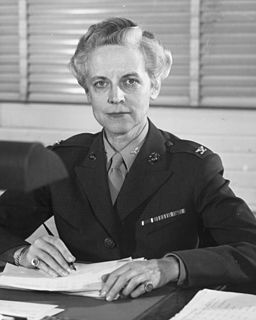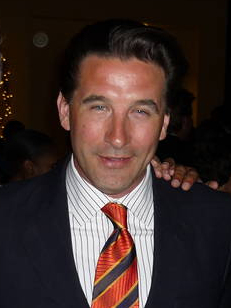A Quote by Ed McMahon
I have learned two important lessons from my association with the Marine Corps: always be on time and always be ready to do what is required when you get there.
Related Quotes
My definition, the definition that I've always believed in, is that esprit de corps means love for one's own military legion - in my case, the United States Marine Corps. It means more than self-preservation, religion, or patriotism. I've also learned that this loyalty to one's corps travels both ways: up and down.
A Marine is a Marine. I set that policy two weeks ago - there's no such thing as a former Marine. You're a Marine, just in a different uniform and you're in a different phase of your life. But you'll always be a Marine because you went to Parris Island, San Diego or the hills of Quantico. There's no such thing as a former Marine.
In the Marine Corps, I was used to people doing what they said and saying what they mean. There was a higher purpose and calling in the Corps. Everyone works toward accomplishing something together, and there's a common goal. In entertainment, the same isn't always true. You're in it for yourself in Hollywood.
